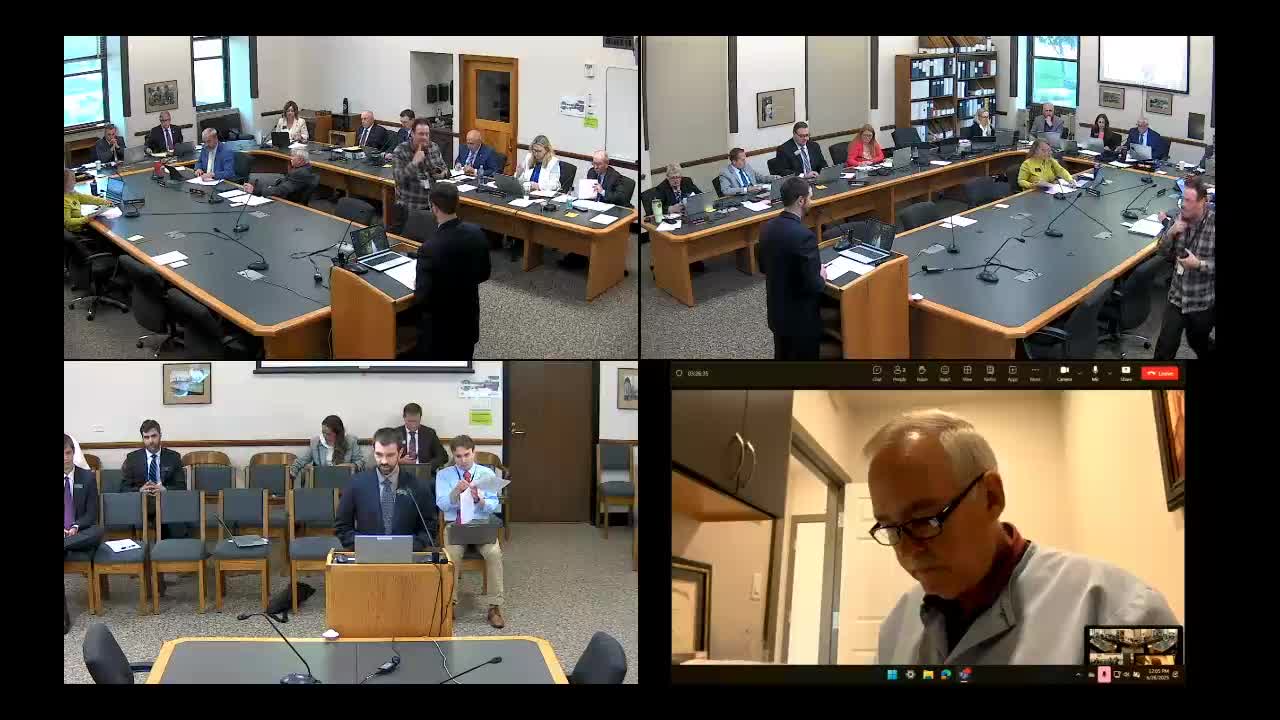Article not found
This article is no longer available. But don't worry—we've gathered other articles that discuss the same topic.
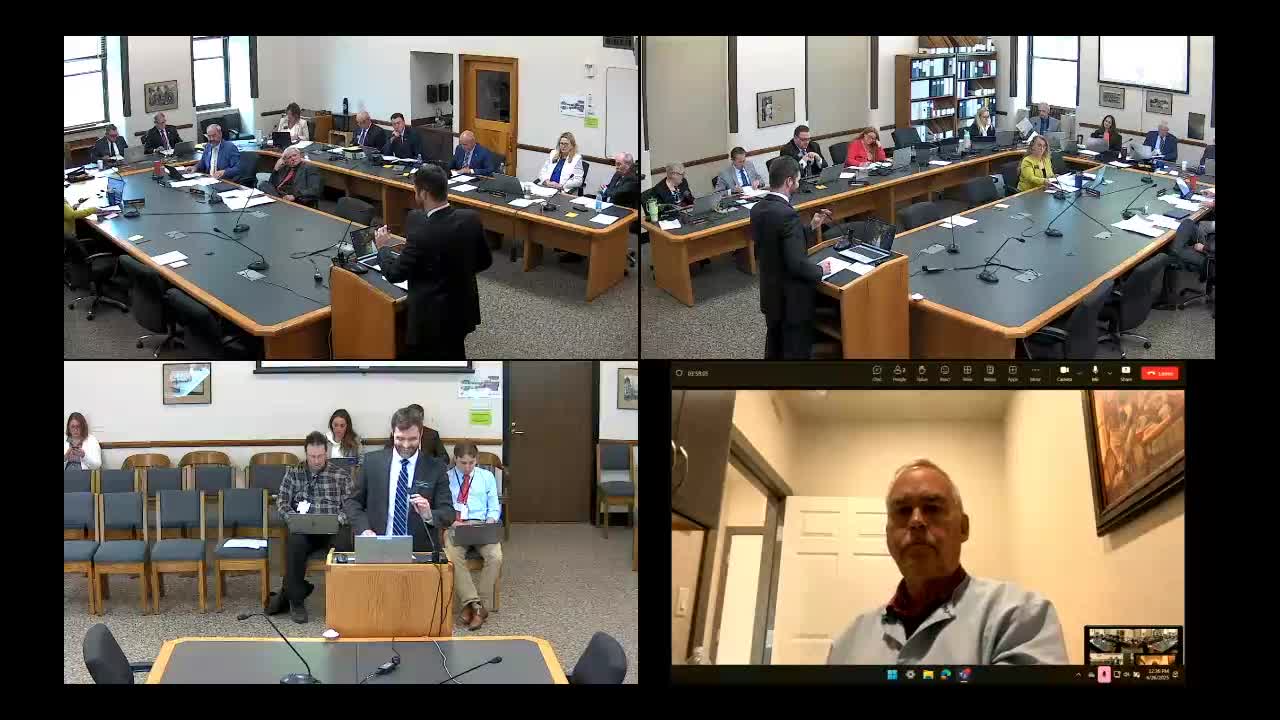
Eighth Circuit ruling puts 2021 maps back in play while appeals proceed
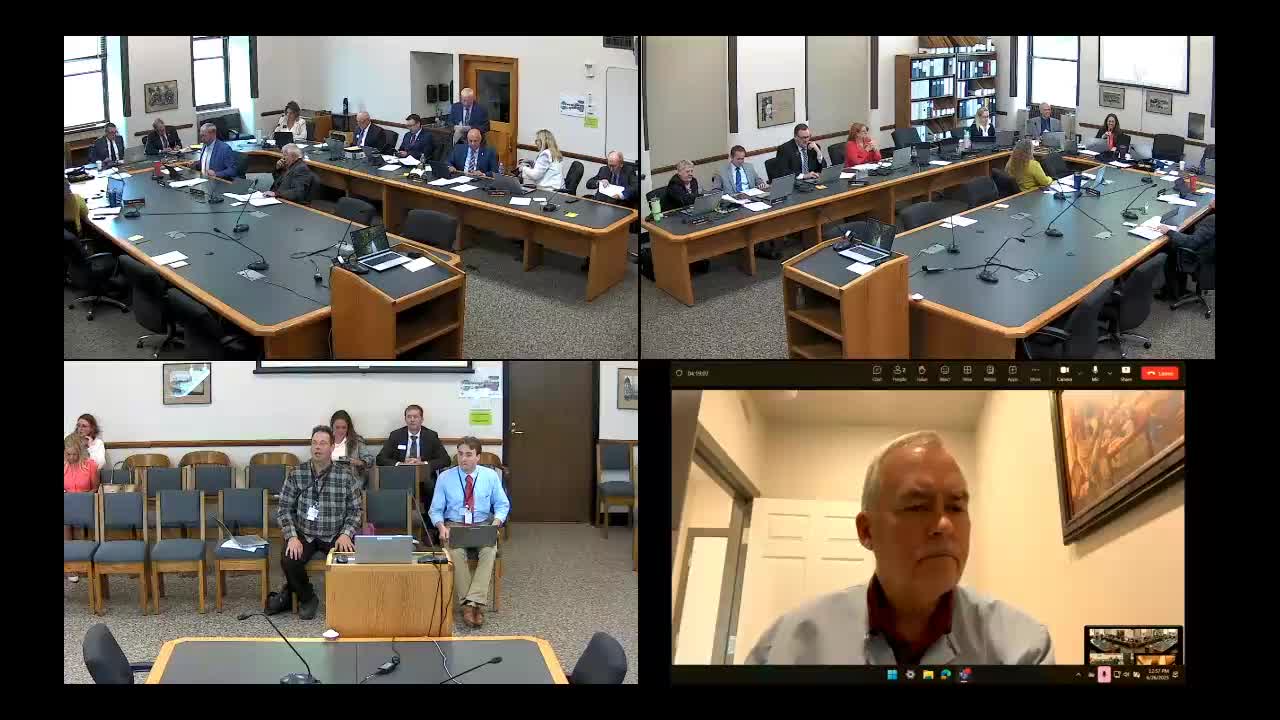
Legislative staff warn AG opinion on veto markings could shrink lawmakers’ override power
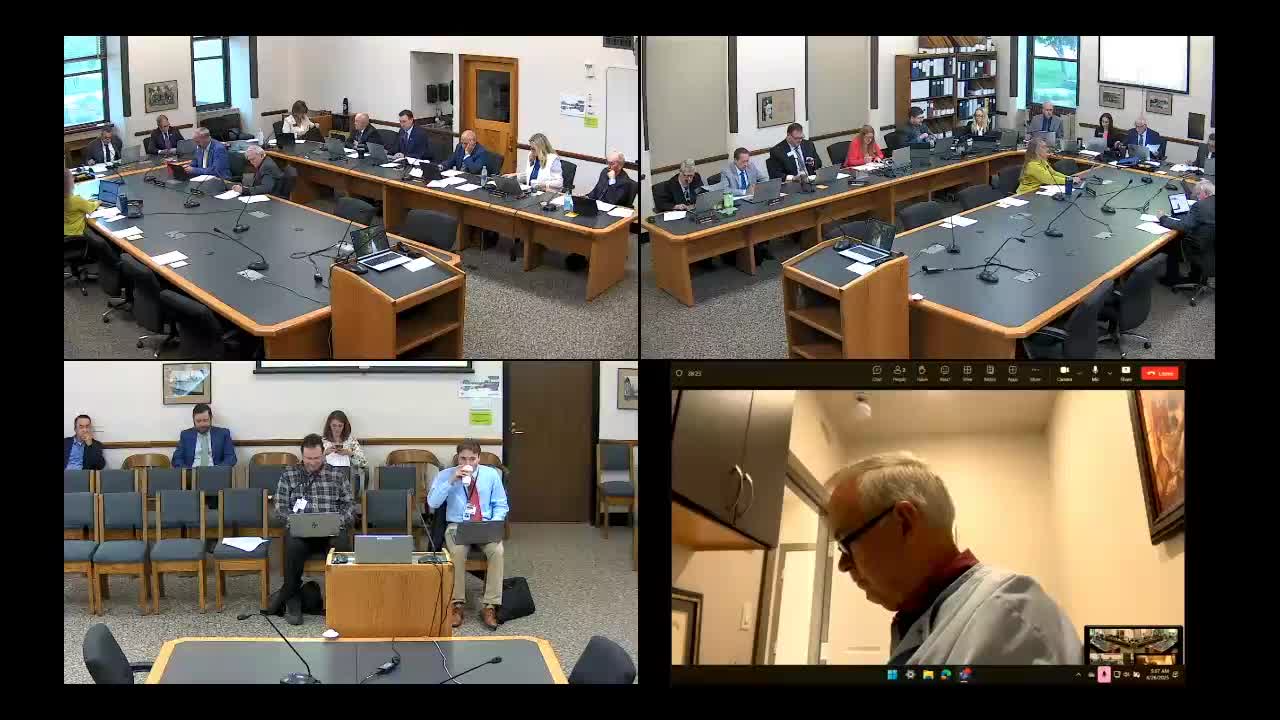
Legislative Management approves committee appointments, supplementary rules and continues employee assistance program
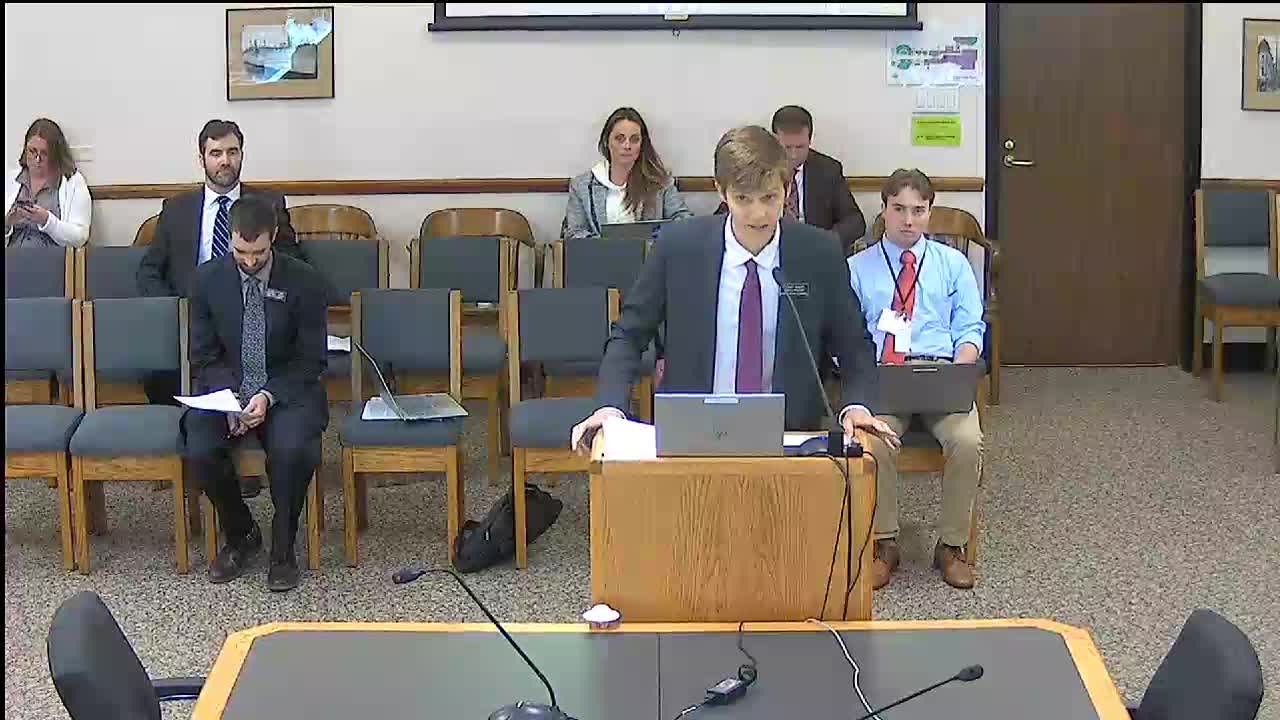
Fiscal analysts warn of federal rescissions, SNAP and Medicaid cuts tied to federal proposals
